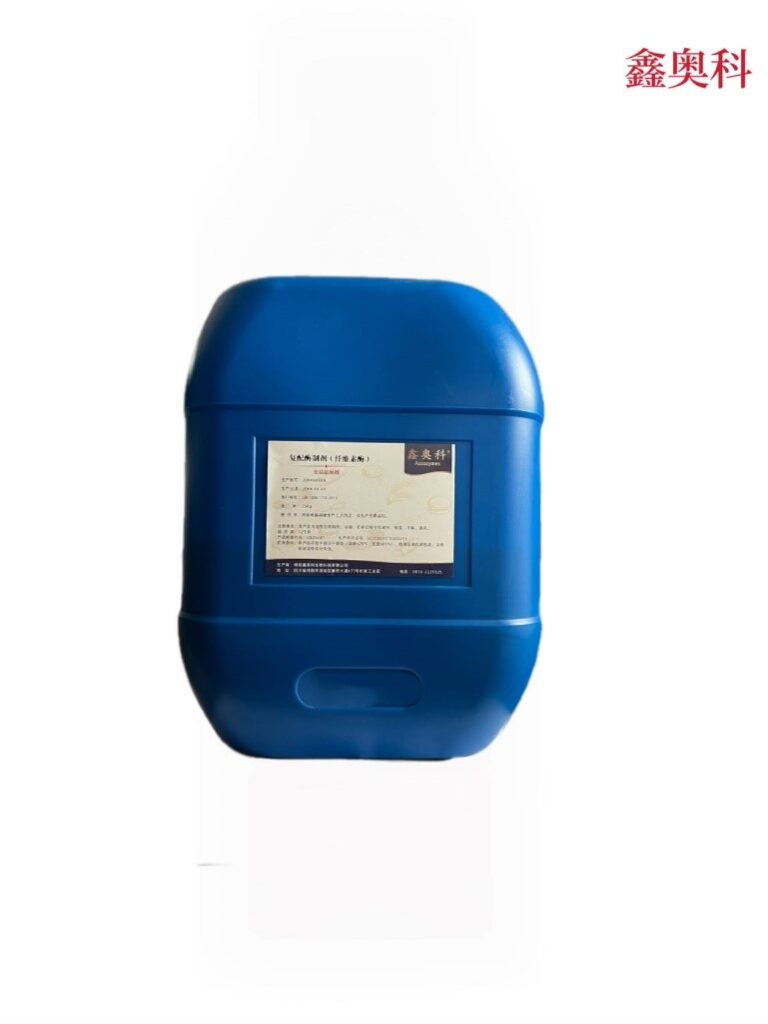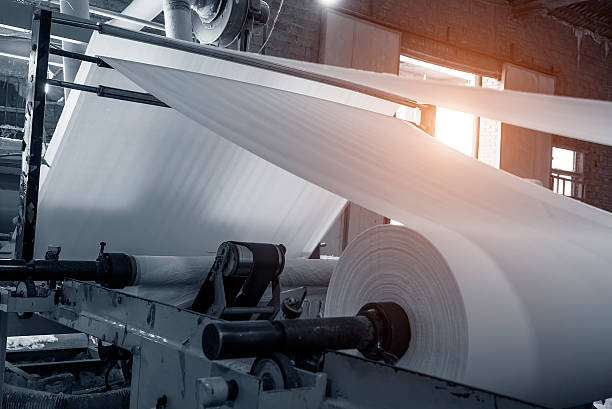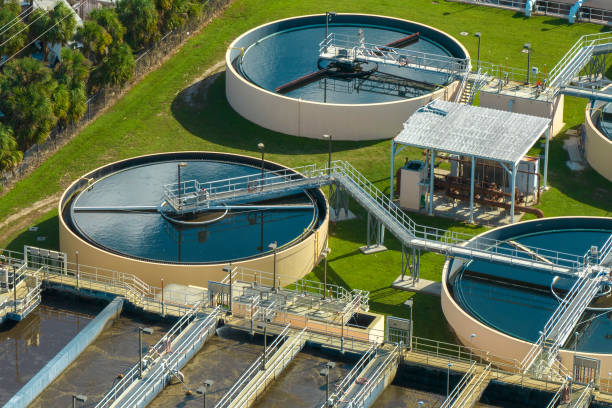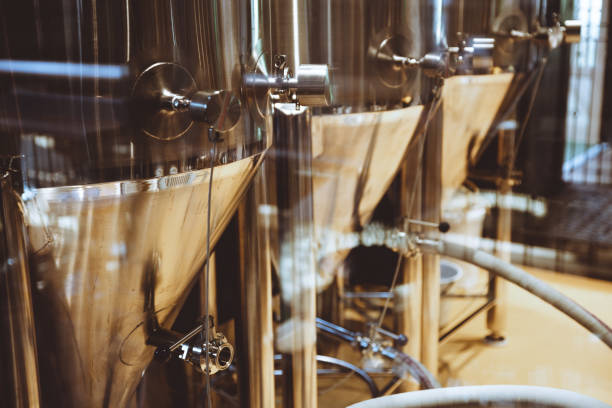Cellulase is a high-yield strain selected by mutagenesis of Trichoderma reesei and refined by deep liquid aeration fermentation. This product is widely used in feed, textile, alcohol, beer, Chinese medicine extraction, food, juice processing and other industries.
How It Works:
Cellulase is a general term for a group of enzymes that can synergistically act on the β-1,4-glucosidic bonds of cellulose to degrade cellulose into short fibers, cellobiose and glucose. It has the functions of arbitrarily cutting the β-1,4-glucosidic bonds in cellulose molecules; cutting the β-1,4-glucosidic bonds into cellobiose from the non-reducing end; and decomposing cellobiose into glucose.
Key Features:
- Temperature Range: Effective temperature range 30-75℃, most suitable temperature 55-60℃.
- PH Range: Effective PH range 4.3-6.0, optimum PH range 4.5-5.0.
Application Instructions:
Used in fruit wine production: Cellulase can decompose the cellulose in fruits, increase the juice yield and wine yield, so it can also be used in the fruit wine industry. The recommended addition amount is 5000~40000U/kg, which should be added during fruit processing or fruit wine fermentation.
Safety Information:
As enzymes are protein-based substances, they may cause allergic reactions if inhaled by sensitive individuals. Prolonged exposure may irritate the skin, eyes, and mucous membranes. It is recommended to wear protective masks when handling the product. In case of contact with skin or eyes, rinse immediately with water. After opening, reseal the bag or container tightly to prevent the deactivation of active enzyme components.




